Finland invites global companies seeking sustainability expertise
With the world's top-ranked sustainability ecosystem and cost-competitive talent to support it, Finland is ready to power your company’s green transition.
Pressure is mounting for businesses to meet sustainability regulations. The European Green Deal and the Corporate Sustainability Reporting Directive (CSRD) are among the main frameworks driving environmental responsibility and corporate governance.
While these are European initiatives, their influence extends beyond the continent. Many multinationals operating within Europe must comply with the regulations. The challenge is to transition to greener operations while remaining competitive.
The challenge is to transition to greener operations while remaining competitive. Finland has emerged as a powerhouse of innovation in this space and has built a strong ecosystem of green technology.
Finland has emerged as a powerhouse of innovation in this space. Ranked 1st in the UN Sustainable Development Goals Index again in 2024 – for the third year in a row – the country has built a strong ecosystem of green technology, practices and talent that international companies can benefit from.
“Finland is aiming for carbon neutrality by 2035, which is 15 years ahead of the EU target. We have 13 industry-specific roadmaps to support this ambitious green transition. Our universities, companies and policy frameworks are all geared towards realizing the same national goal,” explains Kaija Laitinen, Senior Advisor, Market Intelligence at Invest in Finland.
“We are building up a vast body of knowledge that we welcome international companies to tap into. Finland is the ideal place to work on your green transition,” she says.
Sustainability starts on campus
Finnish educational institutions now offer some 70 sustainability-focused programs, many of which are taught in English. Areas covered include advanced materials, biomass engineering, circular economy principles and creative sustainability.
In the 2024 Times Higher Education Impact Rankings, both the Lappeenranta-Lahti University of Technology and the University of Eastern Finland rank among the top 10 universities globally for SDG 13: Climate Action.
In 2023, more than 27,000 new students enrolled in bachelor's and master's programs in Finland. The largest share of these students are studying engineering, manufacturing and construction – all fields that play a critical role in driving sustainability. Many students of law, social sciences and other fields also take sustainability courses during their studies.
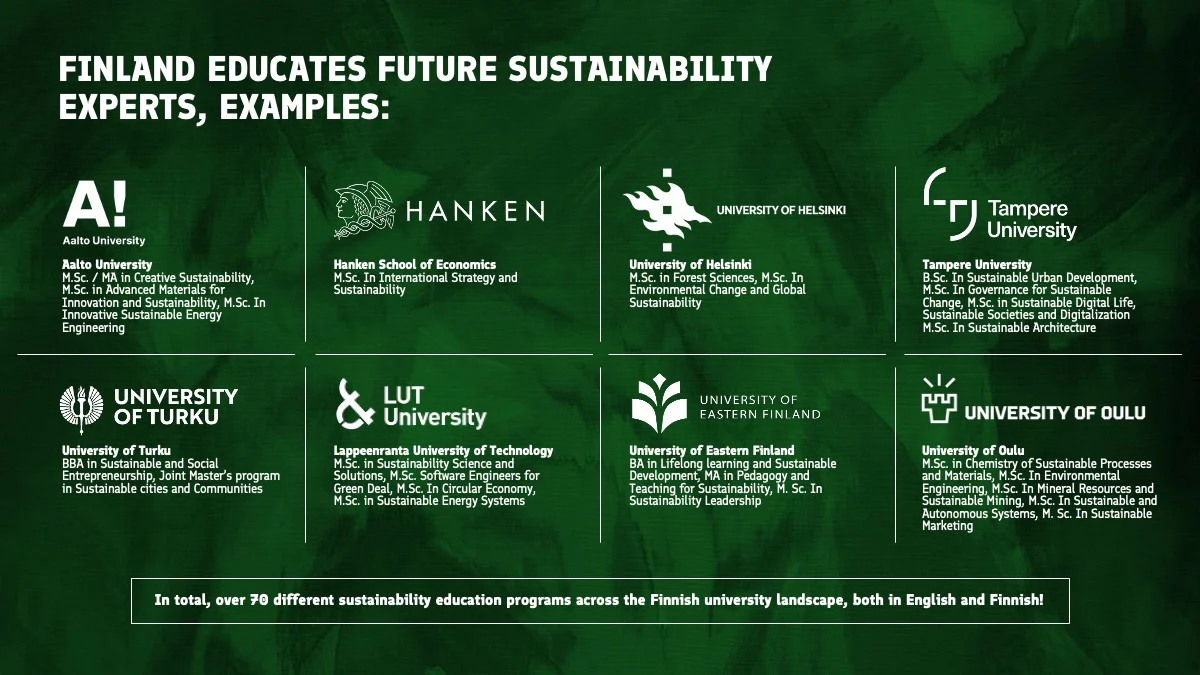
“Finland is focused on equipping students with skills relevant for the green transition. We aim to create a well-rounded workforce that supports international companies in many different fields of sustainability,” says Laitinen.
The Hanken School of Economics offers an MSc program that teaches students how to manage business while considering environmental aspects. At the multidisciplinary Aalto University, students can take an MSc focused on designing eco-friendly solutions in engineering and manufacturing. The University of Turku's MSc provides technical expertise in the biology and chemistry of the circular economy.
Skilled sustainability talent at competitive costs
Finland's higher-education system is recognized for its strong collaboration with industry, giving students and graduates the opportunity to work on some of society's most pressing challenges.
“Approximately one out of every five employees in Finland now works in a green job, often in engineering, research, operations control or process management. Contrary to perceptions that Finland is an expensive destination for international companies, salaries for these roles are often cost competitive,” notes Laitinen.
In Germany, for example, the average monthly salary for a sustainability related job is EUR 5 135. This is significantly higher than Finland's average of EUR 4 122 for comparable roles.
One of Finland's defining strengths is the ability of our people and institutions to cooperate extremely well around common goals.
Finland also offers tax incentives for companies conducting R&D activities related to sustainability. The country ranks as the most business-friendly environment in the EU, with low corruption and high transparency fostering a culture of trust.
Companies bringing their sustainability work to Finland also benefit from the country's strong startup ecosystem. Sustainability is a key focus for many of these new players.
“One of Finland's defining strengths is the ability of our people and institutions to cooperate extremely well around common goals. This is what we've done to create a sustainability ecosystem that we’re inviting the world to share in,” says Laitinen.























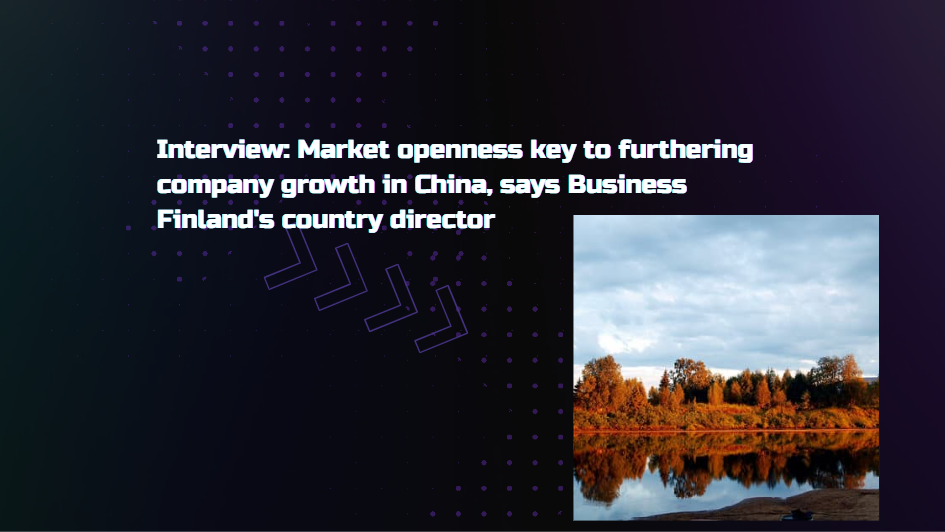
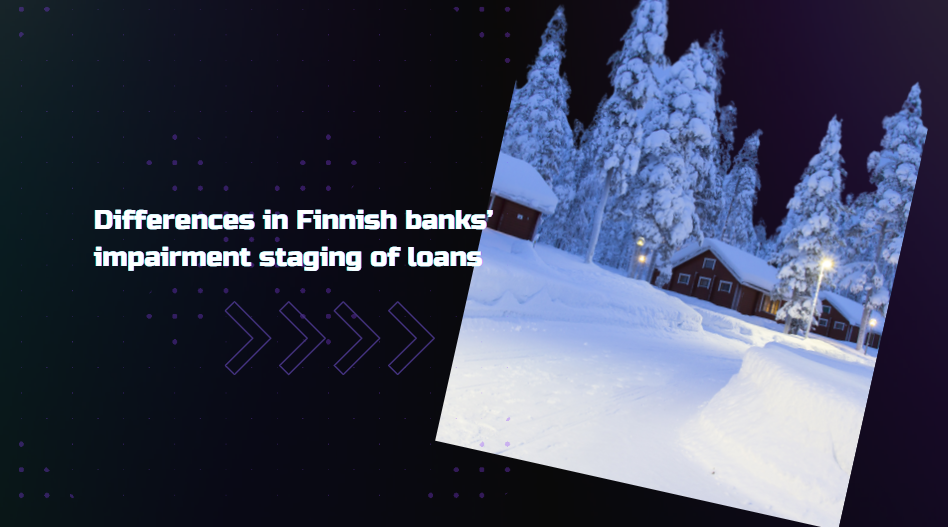
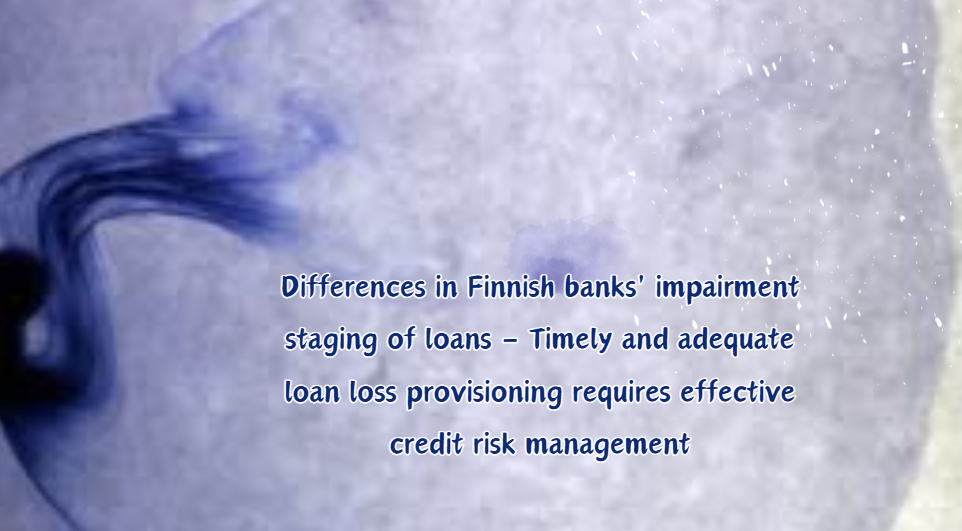
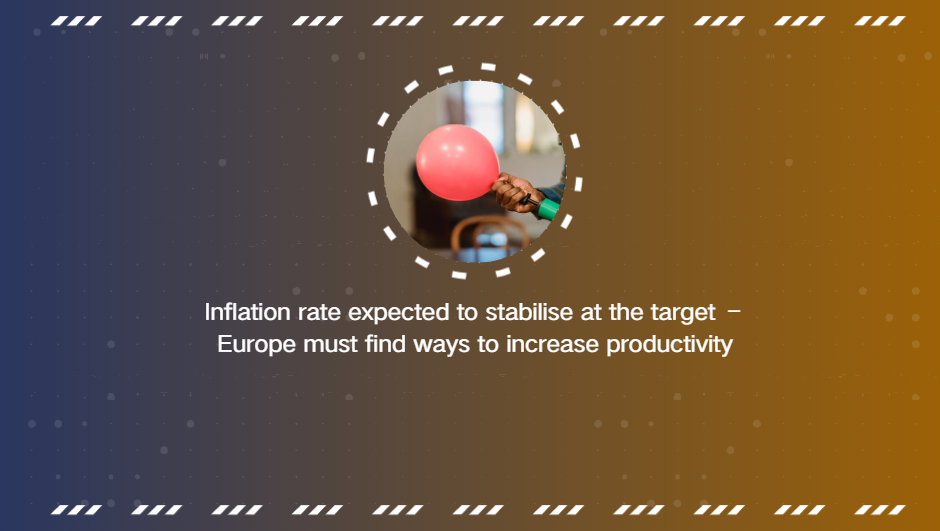




























First, please LoginComment After ~